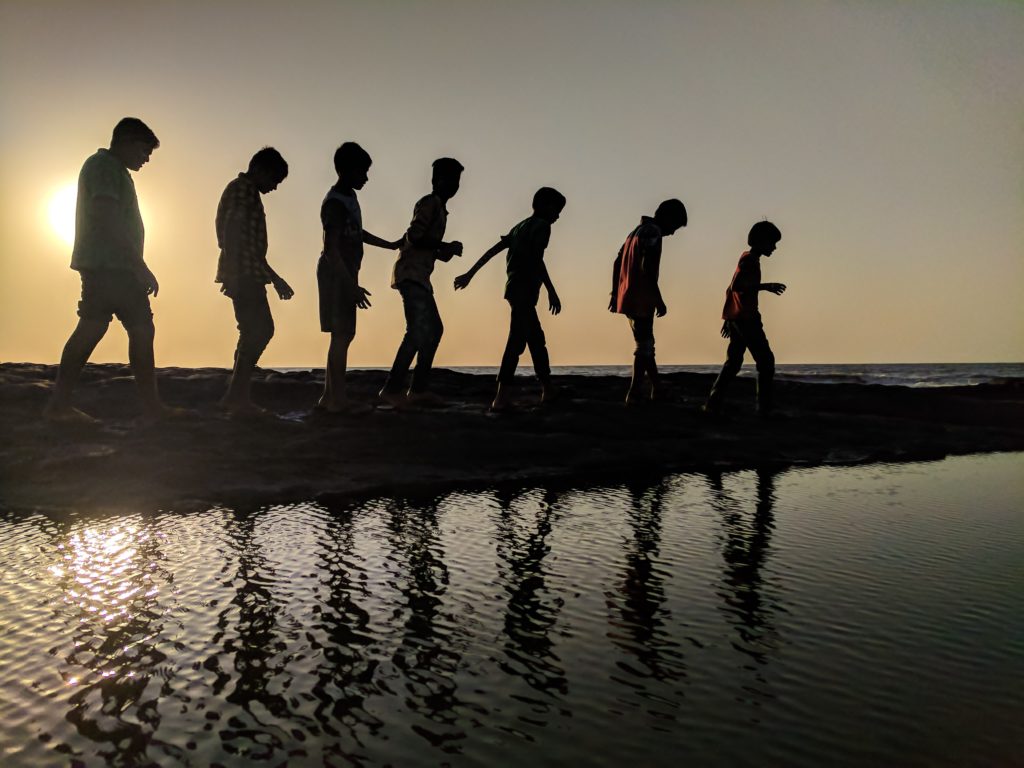Recently, the Department of Health of the Philippines reported an alarming rise in the number of HIV cases in the country. As of January 2019, the DOH has noted that 1,200 Filipinos are afflicted with HIV, with at least 22 recorded deaths, and 42 diagnosed with the disease per day.

Despite the obvious threat to life that Filipinos with HIV face, these harrowing figures are also symptomatic of a more worrisome state of affairs in the country: the decline in the observance of certain virtues and values long held as indispensable in the Philippines.
According to the World Youth Alliance White Paper on HIV/AIDS, the spread of this disease occurs mainly through unprotected sex with an HIV-positive person, use of HIV-contaminated needles and syringes, transmission from an HIV-positive mother to her child in pregnancy, childbirth, or breastfeeding, and blood transfusion with HIV-contaminated blood.
All these ordinary means of transferring the disease are completely preventable, more so for the first one.
The WYA White Paper proposes that the most effective way of putting a halt to the proliferation of this disease in a manner consistent with human dignity is to undertake a person-centered response. This approach primarily entails a behavior change through reduction in multiple concurrent partnerships and delay of sexual debut.
Delay in sexual debut, the White Paper posits, is a “key behavior change that avoids the risk of contracting HIV since people cannot contract HIV sexually if they are not engaging in sexual activity”. This, in addition to strong evidence that young people who initiate sex early are at a greater risk of contracting HIV, bolster the credibility of this approach proposed by WYA.
The other remedy involves reduction in multiple concurrent partners and mutual fidelity. The experience of Africa in this regard is instructive as there exists “evidence that in every case of HIV prevalence decline in Africa, the proportion of men and women who report >1 sexual partner in the past year has declined significantly, a few years prior to significant prevalence decline”.
Ultimately, it can be argued that a necessary solution to this epidemic is the consistent exercise and upholding of virtues related to delay in sexual debut and reduction in multiple concurrent partners.
[su_pullquote align=”right”] The virtues and principles that foster the behavior change that would counteract the HIV phenomenon are already deeply rooted in the Filipino culture.[/su_pullquote]
Thus, in order to remedy the steady incline in the number of those contracting HIV, a behavior change must be endeavored. However, for Filipinos, a development of a new set of values is not necessary. The virtues and principles that foster the behavior change that would counteract the HIV phenomenon are already deeply rooted in the Filipino culture. What’s needed is a reminder that these values are already in possession, and its subsequent revival into the lifestyle of Filipinos today.
The perceived solution to HIV which are the delay of sexual debut and the reduction of concurrent partnerships are consistent with Filipino values such as respect and high regard for women, love for the family and the sanctity of life. This behavioral change is key to unlocking a long-term solution. If such change is grounded and supported by locally-upheld virtues such as modesty, piety, and self-control, then perhaps we will be able to witness progress in the crusade against HIV in the Philippines.

An important component in this movement lies in the area of education. With programs such as the Human Dignity Curriculum (HDC), communities can build a culture that fosters a holistic understanding of the human person.
The HDC is an innovative program that focuses on personal development and informed decisions related to students’ sexuality based on an understanding of themselves, and in respect of their own human dignity and the dignity of others. Each lesson focuses on the “big picture” theme of how a proper understanding of the human person leads to human flourishing—helping students to understand and develop healthy habits, good decision-making skills, and a strong sense of meaning and purpose. Having these healthy discussions on topics like dignity, our power to choose, solidarity, and respect for others, fuels necessary conversations about respect at the early stages of child development.
Through this approach, the youth are not only informed, but also formed and empowered to exercise their “freedom for excellence,” or principled freedom, with its correlative responsibility and to live their lives in pursuit of excellence, meaning, and purpose. In effect, the youth can make better decisions for themselves and help build a culture that respects the dignity and health of others.
With a concerted effort from relevant stakeholders in society, I believe we will be able to re-inculcate necessary values that are the country’s stronghold and hope for the future.
[su_divider top=”no” size=”1″ margin=”10″]
Published on: August 12, 2019
Written by Joel Arzaga, J.D., a current advocacy intern at the WYA Headquarters
WYA’s White Papers address the most significant topics in global policy discussions and in key international proposals. You may access more White Papers on our website. If you want to learn more about the HDC’s impact in the Philippines, read our feature in PinoyVoices.







